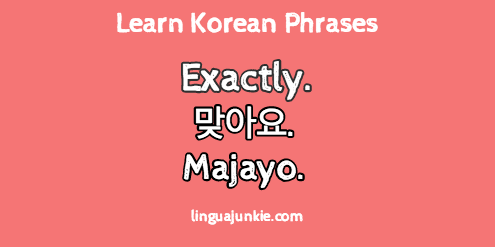
#Easy translator 15 how to
How to refine your translation research skills The more efficiently you can do it the better. Translators are always researching things – wording, meanings, vocab, jargon, background info. Research aspects of the culture you haven’t personally experienced.Spend time in both target and source culture countries.You’ll often need cultural knowledge to grasp the significance or implication of text you’re translating.Īnd understanding the differences between your source and target language cultures will alert you to text that won’t work well or will have reduced impact when translated. That’s general cultural knowledge like values systems and how people view the world.Īnd culture-specific aspects like pastimes, customs, etc. Good translators have a deep understanding of both source and target cultures. Note down wording you come across that you really like, and add it to your repertoire.Read widely – it’ll extend your vocabulary.Read your translations aloud to pick up any unnatural phrasing, and spend time refining and polishing your wording.Collaborate with your peers – see how they translate things and the wording and expression they use.How to improve your translator writing skills To some extent you either have excellent writing ability and expression or you don’t.īut it’s also a skill you can hone and improve with experience and application. You must have a way with words, the ability to write with flair.Īnd you’ll likely need to do that across a variety of text styles – promotional and marketing, formal/legal, casual, technical, etc. To be a good translator you must be a very good, and not merely adequate, writer in your target language. Keep it up! Language is constantly changing, so it’s an on-going process, not a target to reach then relax.Immerse yourself in the culture – visit source-language countries regularly if you live elsewhere.


That level of understanding requires advanced, near native level, knowledge of your source language. So good translators need to understand all meaning – including all the subtle nuances implied in the text. You can’t translate something unless you understand it.Īnd if you don’t understand the text fully, you risk misinterpreting it and delivering a translation that’s not completely accurate.
#Easy translator 15 professional
These are the basic translator skills you need to work as a professional translator.

The 7 essential translator skills – your core competency


 0 kommentar(er)
0 kommentar(er)
